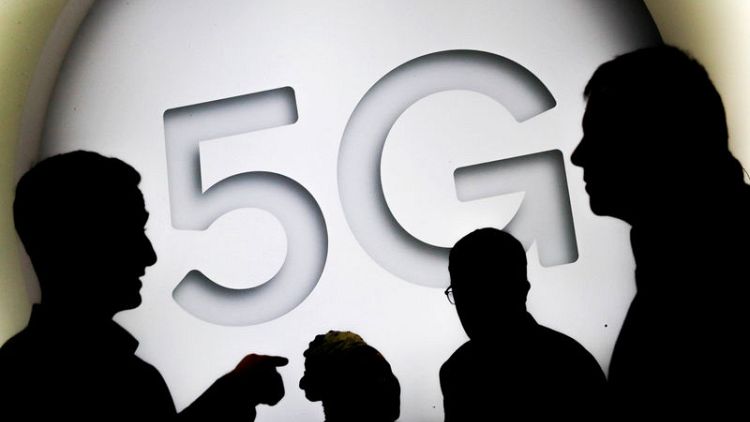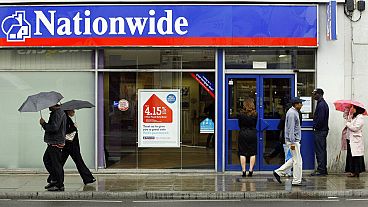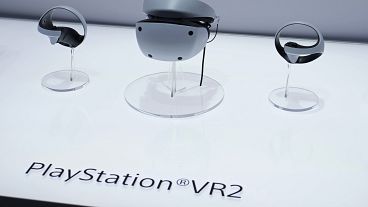By Mathieu Rosemain and Gwénaëlle Barzic
PARIS (Reuters) - French telecom operators are set to pay a hefty price to buy 5G radio frequencies in 2019, but authorities are seeking to avoid bleeding them dry, the head of the country's telecoms regulator told Reuters.
Italy, one of the first European countries to offer frequencies for 5G services, stunned markets by raising a bumper 6.5 billion euros (5.8 billion pounds) for state coffers in its fifth-generation mobile auction, sending shivers down telecom investors' spines.
"In the past, the financial argument may have been important, perhaps very important, but opinions have changed," said Sebastien Soriano, the head of France's telecoms authority Arcep.
"There's room to be inventive. Now, we need to find the right ideas and that's not easy," he added.
Cash-strapped countries in Europe have typically used mobile spectrum auctions, which provide raw material for wireless carriers to develop networks, as an easy money-maker in times of low state revenues.
But concerns are growing over risks they could hamper much-needed investments on new mobile infrastructure, which could connect everything from autonomous vehicles to public transportation and smart objects under 5G technology.
DIFFICULT EQUATION
For the next spectrum auction, Arcep plans to essentially use the 3.5 GHz band out of three on the table for 5G (1.4 GHz, 3.5 GHz and 26 GHz). But there might not be enough airwaves for everyone, Soriano said, and that scarcity could eventually drive up auction prices.
"As long as we've not solved this problem about the quantity of frequencies that we have at our disposal ... there's a difficult equation to balance," he said.
"I can't say that Italy is a counter-example as long as I haven't found the solution so that we don't do the same thing."
One thing is certain: there will be no reiteration of the "new deal" under which French wireless carriers Orange, Altice Europe's SFR, Bouygues Telecom and Iliad promised to spend 3 billion euros in rolling out a 4G network to ensure there are no coverage gaps by 2020.
"Sadly, we can't make a comparison with the new deal in the sense that it's a new attribution (of frequencies)," Soriano said.
France still has a few months to find the answer to this equation and that work starts with a public consultation on Friday about the attribution of frequencies, which will run until Dec. 19.
The last spectrum auction in 2015 raised 2.8 billion euros for French state coffers.
(Reporting by Mathieu Rosemain and Gwenaelle Barzic; Editing by James Dalgleish)



